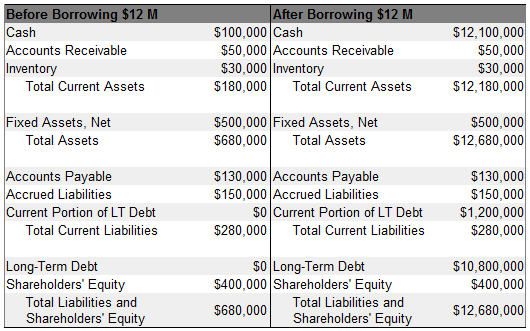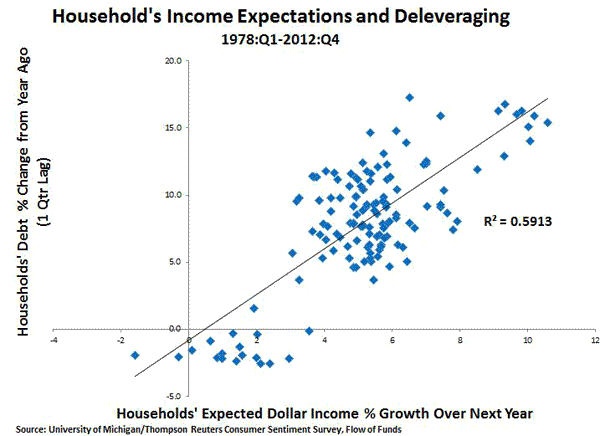Why the Balance Sheet Matters
Post on: 15 Июль, 2015 No Comment

Richard Pittelkow – Most of our ISBDC clients understand the Income Statement and how revenues must exceed expenses to have a viable and valuable company. However, many people tend to overlook the Balance Sheet and do not have a basic understanding of its composition and importance. Balance Sheets do matter, and a business owner who does not pay attention might have a rude surprise when he or she runs out of cash or applies to the bank for renewal of loans. One of the many advantages of utilizing an accounting software program (i.e. QuickBooks or Peachtree) is that the Balance Sheet is calculated automatically without any ongoing input required from the business owner.
A Balance Sheet summarizes a company’s Assets, Liabilities and Owners’ Equity (Net Worth) at a specific point in time, usually at the end of an accounting period. The purpose of a Balance Sheet is to give users an idea of the company’s financial condition along with displaying what the company owns and owes. It helps business owners quickly get a handle on the financial strength and capabilities of their business. Balance Sheets, along with Income Statements, are also the most basic elements in providing financial reporting to potential lenders such as banks, investors, and vendors who are considering how much credit to grant to companies.
- Assets: Everything of value that the company owns
- Current Assets – Can be converted into cash within one year – Cash, Receivables, Inventory, etc.
- Fixed Assets – Permanent in nature – Land, Buildings, Machinery, Equipment, etc.
- Other Assets – Intangibles such as Patents and Goodwill
- Total Assets – Total of all above Assets















